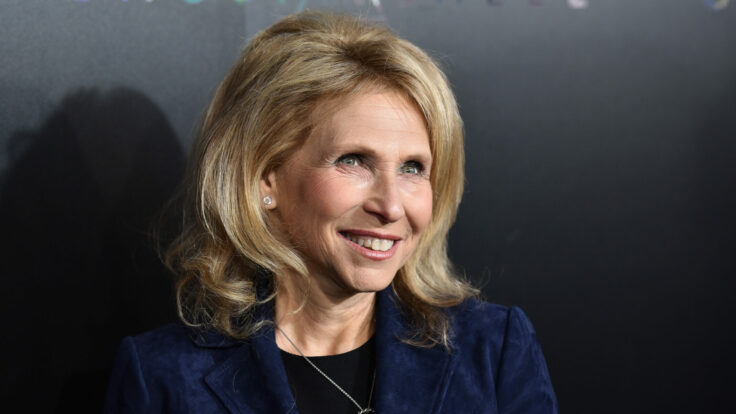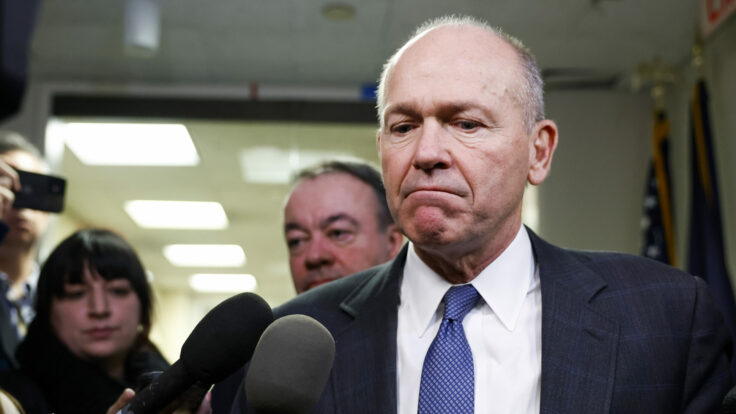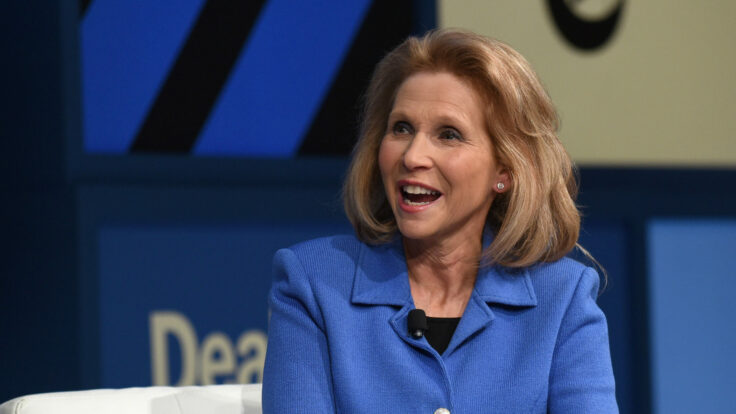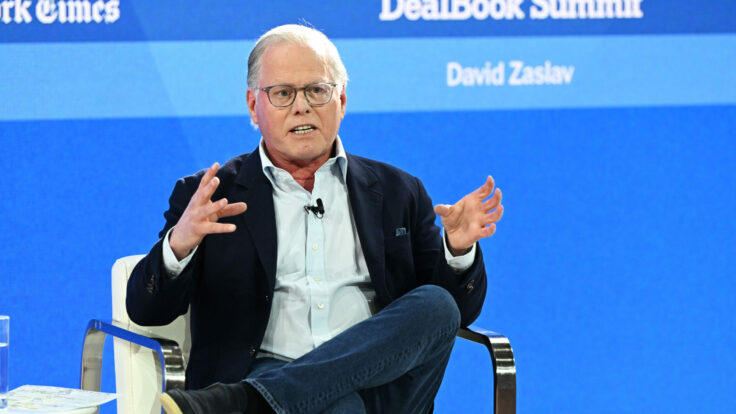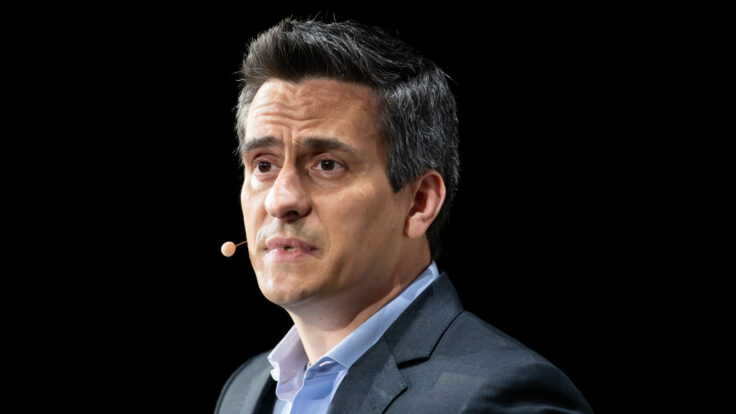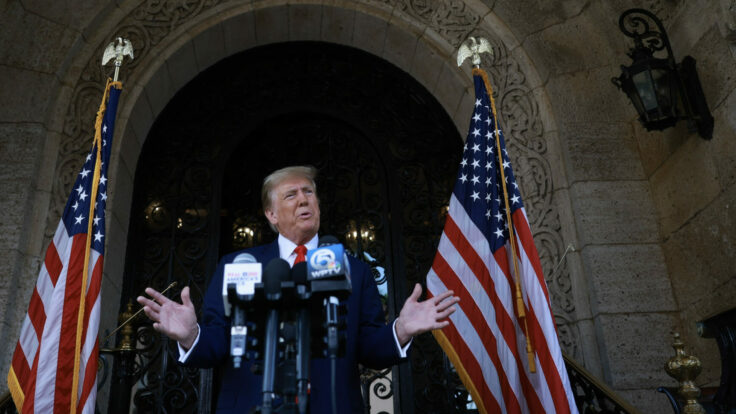In the near-zero interest rate environment that the Federal Reserve has imposed on us for more than a decade, a question vexing many of the most successful corporate executives is what to do with the cash building up on their balance sheets. Big Tech, no surprise, is sitting on the motherlode. Apple has $190 billion of cash. Alphabet, the parent company of Google, has a cash pile of $142 billion. Amazon has $79 billion in cash. Meta, formerly Facebook, has $58 billion. Microsoft, the second most valuable company in the United States, with a market value of $2.2 trillion, has a cash balance of $131 billion. Or it did, until last week, when the company announced that it would be using about $70 billion of it to pay for Activision Blizzard, its shiny new gaming behemoth.
It has not been fashionable in recent years for big companies to pay for big acquisitions using their own cash hordes. For starters, most companies don’t have enough cash on hand to expend on buying another company. And those that do have the cash often prefer to preserve that cash for other purposes, such as paying down debt, paying dividends to their shareholders or using it to buy back stock. Or to save it for a rainy day. Such decisions tend to ebb and flow depending on the economic cycles, of course, but after a 13-year bull-market, the biggest acquisitions lately have been done using stock, since the equity value of many companies is at or near all time highs (or was, until the ongoing correction kicked in). Why not use high-priced stock to make an acquisition, the thinking goes, since it may all be just so much funny money anyway?




